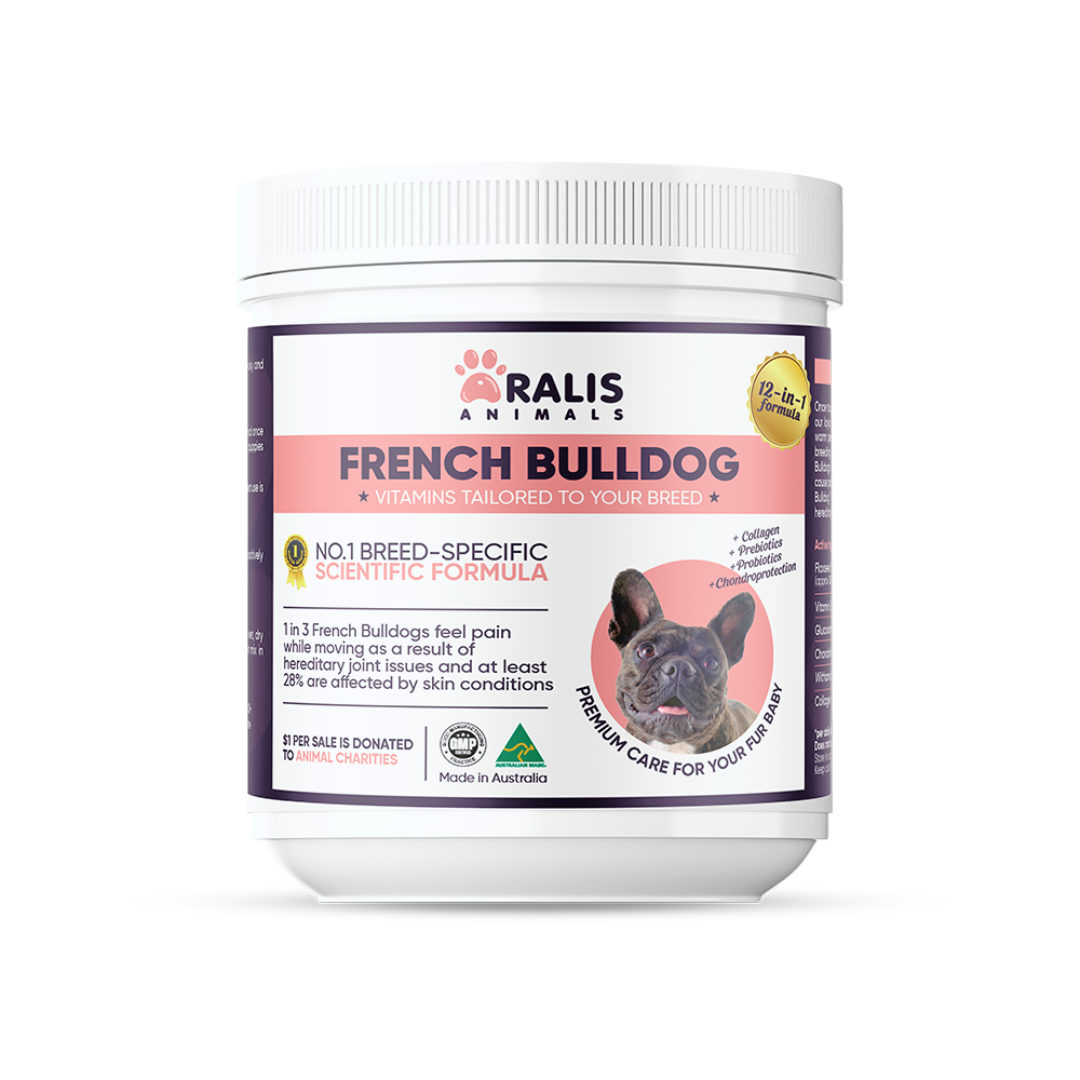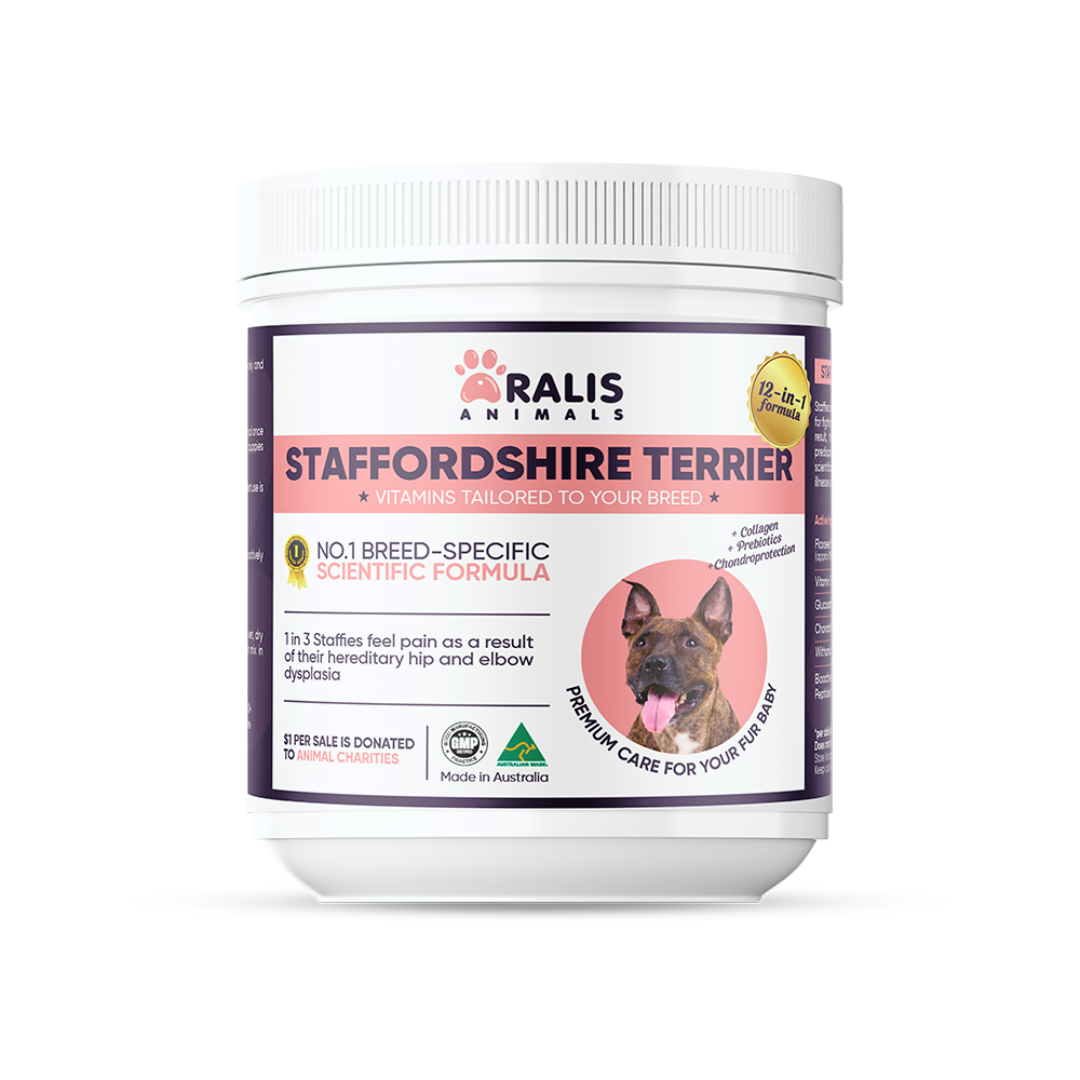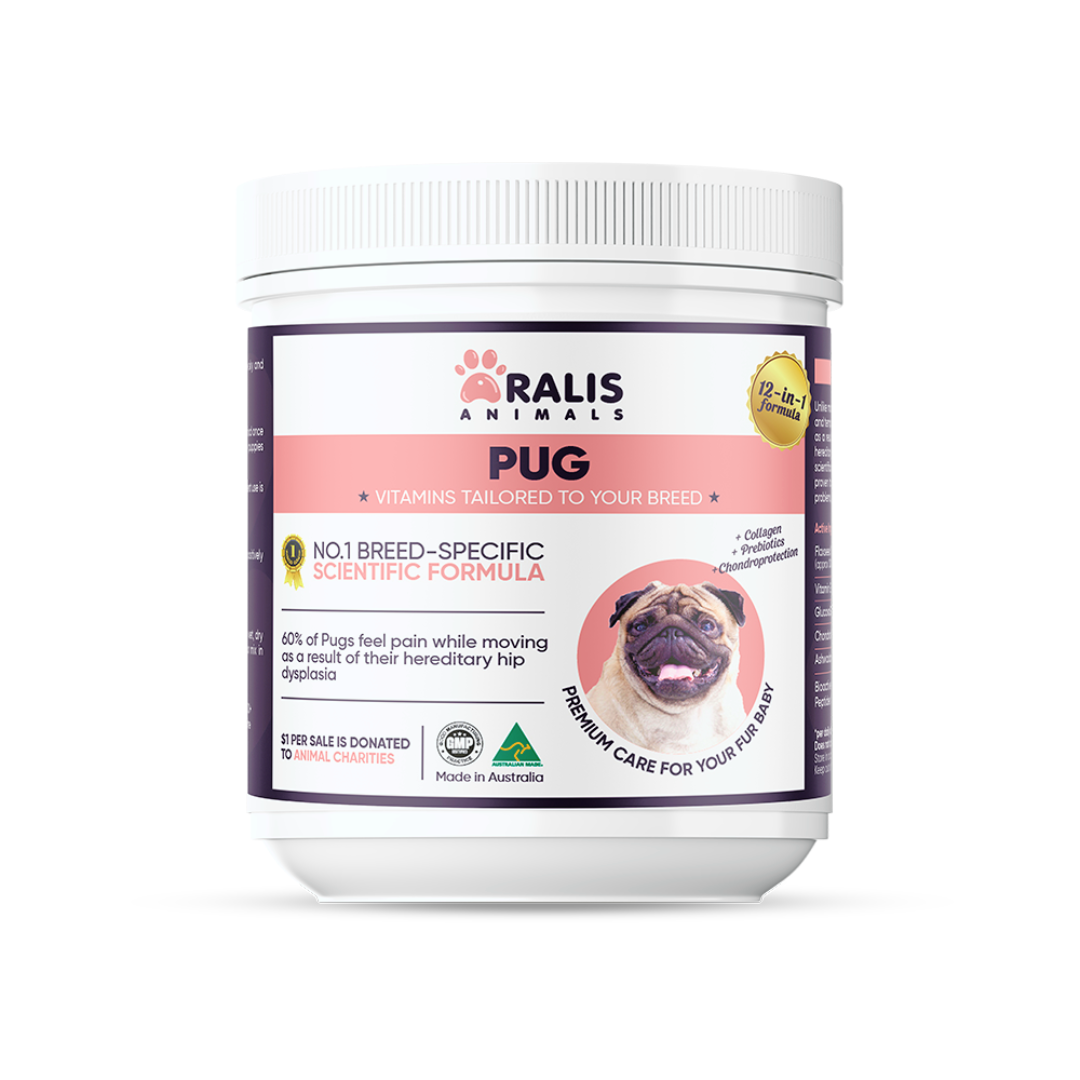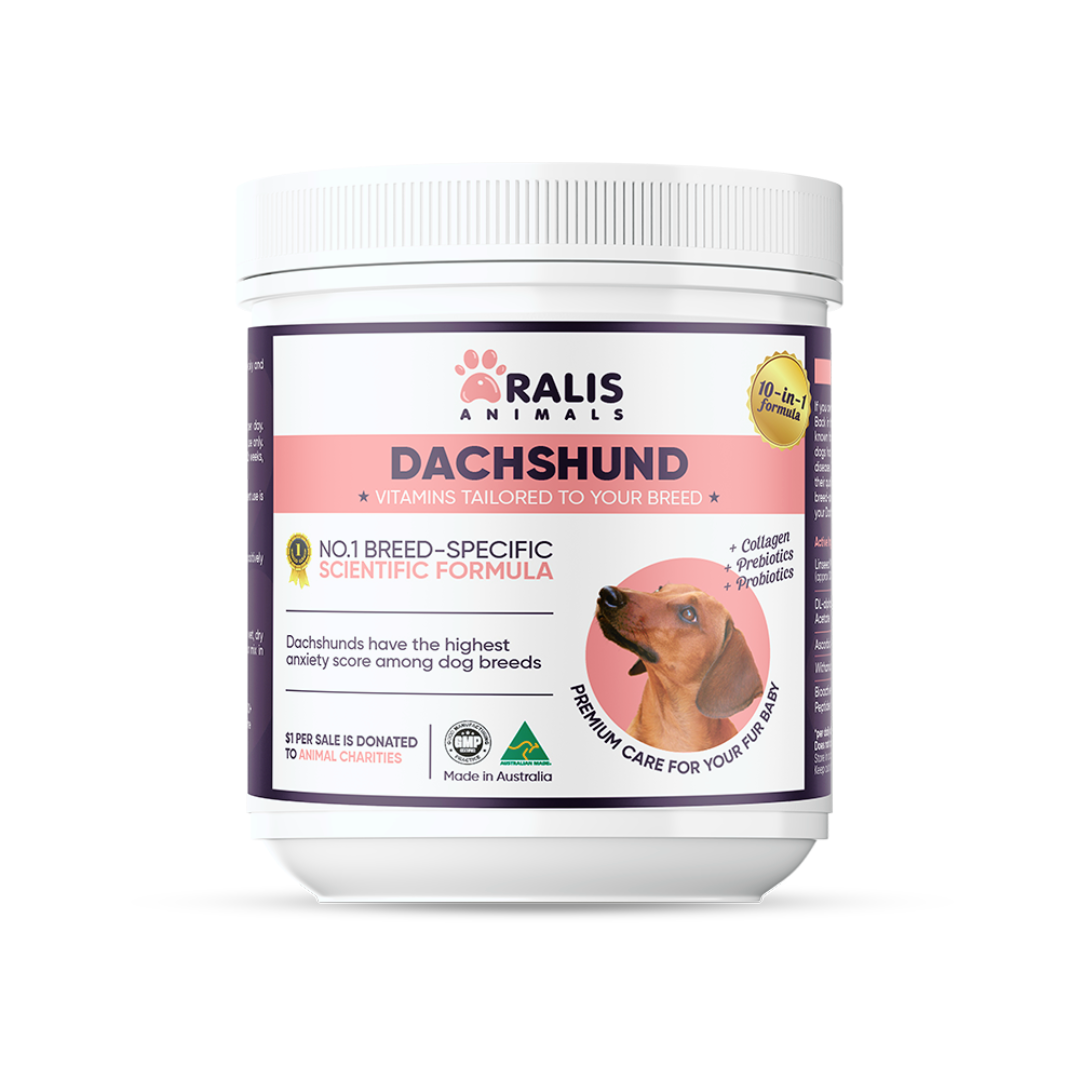Dog Constantly Scratching? How to Identify and Fix the Issue
As a pet owner, it's not uncommon to witness your furry companion constantly scratching and itching. While it may seem like a minor annoyance, excessive dog scratching can be a sign of an underlying issue that requires attention. In this blog post, we'll explore the common reasons behind a dog's constant scratching and provide you with effective strategies to identify and address the problem.
Common Reasons for Dog Scratching
Dogs can scratch for a variety of reasons, and understanding the root cause is crucial for finding the right solution. Here are some of the most common culprits:
Allergies
Environmental and food allergies are a common trigger for dog scratching. Pollen, dust, and certain ingredients in their diet can cause an allergic reaction, leading to itchy skin and excessive scratching.
Parasites
Fleas, mites, and other parasites can infest your dog's skin, causing intense itching and discomfort. Even if you don't see visible signs of these pests, they can still be the driving force behind your dog's scratching behavior.
Skin Infections
Bacterial or fungal skin infections can also lead to intense itching and irritation, prompting your dog to scratch excessively.
Dry Skin
Just like humans, dogs can experience dry, flaky skin, which can cause discomfort and the urge to scratch.
Hormonal Imbalances
Certain hormonal conditions, such as hypothyroidism or Cushing's disease, can contribute to skin problems and increased scratching.
Signs Your Dog's Scratching Is Serious
While some level of scratching is normal, it's important to pay attention to the frequency and severity of the behavior. Here are some red flags that indicate a more serious issue:
- Constant or excessive scratching, licking, or biting
- Visible skin changes, such as redness, inflammation, or hair loss
- Persistent hot spots or open sores
- Significant changes in your dog's grooming habits
If you notice any of these signs, it's crucial to seek veterinary attention to identify the underlying cause and develop an appropriate treatment plan.
Diagnostic Steps
To get to the root of the problem, your veterinarian may recommend the following diagnostic steps:
- Physical examination to assess the skin and rule out any visible parasites or infections
- Allergy testing, either through blood work or intradermal skin testing
- Skin scraping or biopsy to check for mites or other parasites
- Dietary trial to identify potential food allergies
By working closely with your veterinarian, you can pinpoint the specific trigger and develop a targeted treatment plan for your dog's scratching issue.
Treatment Options
Once the underlying cause has been identified, your veterinarian can recommend the appropriate treatment options. These may include:
Medicated Shampoos
Specially formulated shampoos can help soothe itchy skin and address bacterial or fungal infections.
Dietary Adjustments
Switching to a hypoallergenic or limited-ingredient diet may help alleviate food-related allergies.
Supplements
Omega-3 and omega-6 fatty acids, as well as other skin-supporting supplements, can help improve your dog's skin health. Products formulated with key ingredients such as turmeric, zinc, and probiotics may help soothe itching, strengthen the skin barrier, and promote overall well-being. Aralis Animals supplements are carefully crafted with these powerful nutrients, offering targeted support to combat dryness, irritation, and inflammation, helping your dog stay comfortable and happy. Check them out here.
Topical Treatments
Medicated creams, ointments, or sprays can provide targeted relief for localized areas of irritation.
Prescription Medications
In more severe cases, your veterinarian may prescribe oral or injectable medications to manage allergies, infections, or hormonal imbalances.
Home Remedies and Prevention
In addition to professional treatment, there are some home remedies and preventive measures you can take to help manage your dog's scratching:
Natural Itch Relief
Oatmeal baths, aloe vera, and coconut oil can provide soothing relief for itchy skin.
Hygiene Practices
Regular bathing, grooming, and flea/tick prevention can help maintain your dog's skin health.
Dietary Recommendations
A balanced, high-quality diet rich in omega-3s and antioxidants can support skin and coat health.
Environmental Management
Controlling dust, pollen, and other environmental allergens in your home can help reduce triggers.
When to Seek Professional Help
While some scratching is normal, it's important to seek veterinary attention if the behavior persists or worsens. Red flags that indicate the need for professional intervention include:
- Excessive scratching that leads to open sores or skin infections
- Significant changes in your dog's appearance, such as hair loss or skin discoloration
- Persistent symptoms that don't respond to home remedies or over-the-counter treatments
- Potential underlying conditions, such as thyroid disorders or autoimmune diseases
By addressing your dog's scratching issue promptly, you can help prevent further discomfort and potential complications.
Conclusion
Constant dog scratching can be a frustrating and concerning issue for pet owners, but with the right approach, you can identify and address the underlying cause. By working closely with your veterinarian, implementing effective treatment strategies, and incorporating preventive measures, you can help your furry companion find relief and maintain optimal skin health. Remember, proactive pet care is the key to keeping your dog happy, healthy, and comfortable.





